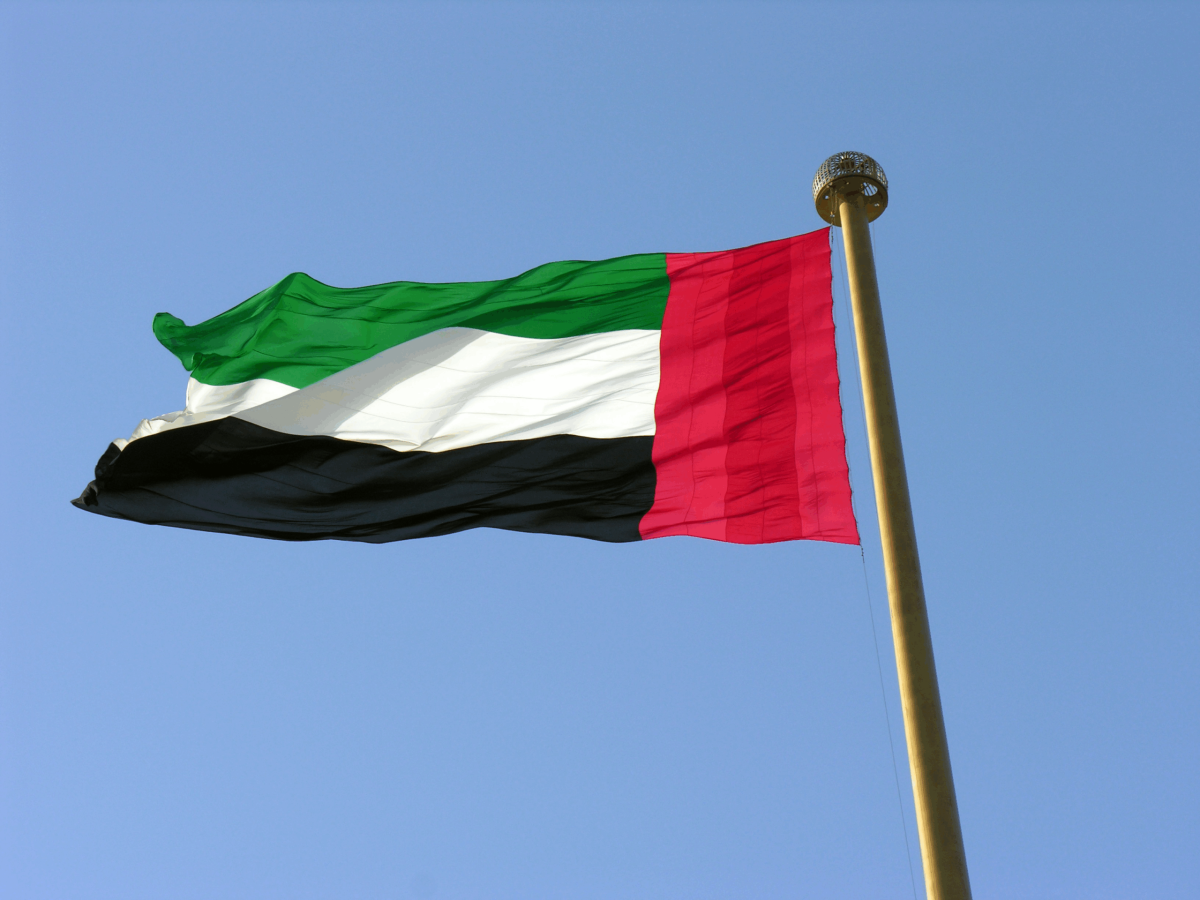
International Markets, Week in Review
UAE sees strong growth spurred on by oil exports
United Arab Emirates’s economy is anticipated to grow by 4.9% in 2025, 0.4% more than initial forecasts predicted, with increased oil production and growth in non-hydrocarbon sector fueling growth.

United Arab Emirates’s economy is anticipated to grow by 4.9% in 2025, 0.4% more than initial forecasts predicted, with increased oil production and growth in non-hydrocarbon sector fueling growth.
As one of the top oil exporters in the world, it is no surprise that oil production played a key role in the positive economic growth seen this year. The hydrocarbon sector is expected to grow by 5.8% in 2025, according to Reuters, and expected to expand by another 6.5% in 2026. The UAE is making a continued effort to diversify the economy, with the non-hydrocarbon sector accounting for more than three-quarters of the total gross domestic product in the first quarter of this year.
“This real adjustment in hydrocarbon output is expected to largely offset the negative impact of the decline in oil prices on government revenues, creating a positive ripple effect on non-hydrocarbon sectors,” reads the report from the UAE’s central bank, per Reuters.
Stock markets in the UAE bounced back on Friday, with Dubai driving the recovery with the help of an increase in consumer staple and financial sector stocks, according to Reuters. Dubai’s main index, DFMGI, closed 0.7%, following three consecutive days of decline.
The country is currently in talks with Canada to sign an agreement that would double bilateral trade, according to the Financial Post. This is the latest in many partnerships, with previous agreements established with Kenya, Malaysia and New Zealand. The current agreement aims to increase trade between the two countries from $3.5 billion to $7 billion, with the UAE interested in seeing Canada invest in agritech and agribusiness. The decision is influenced by the UAE’s desire to be less dependent on food imports, with the country hoping to reduce such imports by a third with increased investment in the agricultural sector.
While a formal agreement has yet to be reached, as terms and details have yet to be thoroughly nailed down, the action is a sign that Canada would like to boost trade with countries other than the United States, after the neighboring country imposed a slew of tariffs.
Most sales to customers in the UAE are with existing customers, with new customers representing only 8% of recent sales, according to FCIB’s Credit and Collections Survey. Of those with customers in the UAE, 33% are on 1–30-day terms, 16% offer 31–60-day terms and 16% offer 61–90-day terms. Additionally, 33% of respondents do not extend credit to customers in the UAE.
Those extending credit to customers in the UAE find that they are 18 days beyond terms, with a majority of respondents finding that delays are staying the same. The primary causes of delays are customer payment policy (62%), billing disputes (50%) and cultural norms and customs (37.5%).
“Know your customer, legal entity, credit capacity, operational metrics and financial health,” one respondent wrote. “Especially in these turbulent economic times.”
“Culture is very important,” another respondent wrote. “You need to build relationships if you expect payment on time.”





